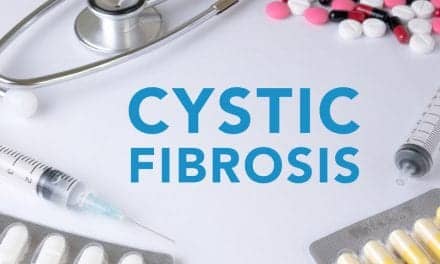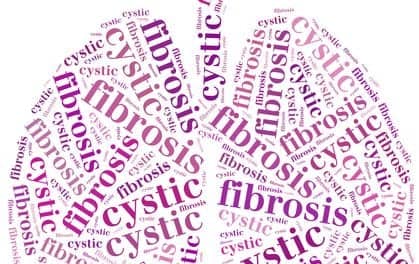Researchers at the University of California, San Diego School of Medicine have identified a defective signaling pathway in patients with cystic fibrosis. The defect in the peroxisome proliferators-activated receptor- γ (PPAR-γ), which results from reduced levels of prostaglandins that activate the receptor, contributes to disease severity and accounts for a portion of disease symptoms in cystic fibrosis. Identification of the protein opens the door for new therapeutic targets for cystic fibrosis patients according to the study published in the February 14 edition of the journal of Nature Medicine.
"The finding of the reduced PPAR-γ activating prostaglandin in cystic fibrosis is exciting since it could serve as a marker to identify which patients might benefit from treatment with PPAR- γ activating drugs," said study supervisor Christopher Glass, MD, PhD, professor of cellular and molecular biology.
Glass and lead investigator Gregory Harmon, MD, isolated cells from mice and human cell lines from patients with the disease. When researchers treated mice with cystic fibrosis with the drug rosiglitazone, a thiazolidinedione drug that binds and activates PPAR-γ, gene expression was largely normalized and survival improved. The drugs also corrected part of the inflammatory process in the tissue. Deleting the PPAR-γ protein in the intestine of mice worsened the disease, leading to mucus accumulation in the intestine. Researchers also found that activating PPAR-γ could increase bicarbonate production in the intestinal tissue by increasing the activity of bicarbonate-producing enzymes called carbonic anhydrases.
Source: EurkAlert









